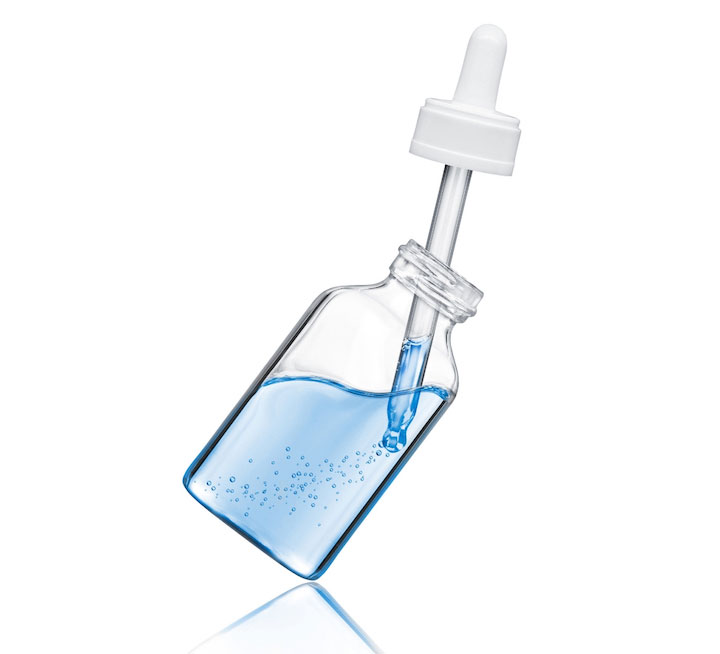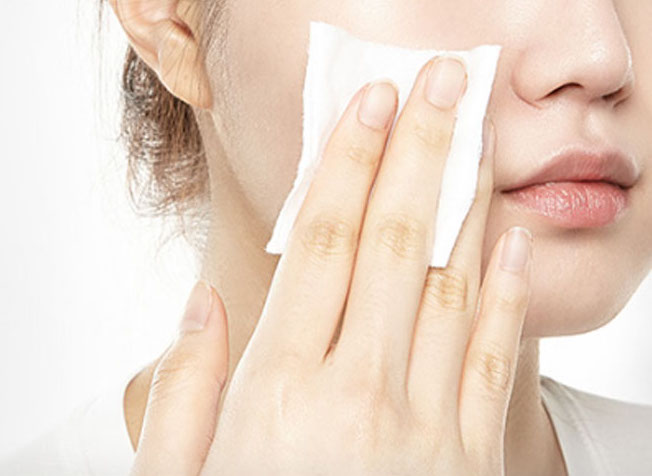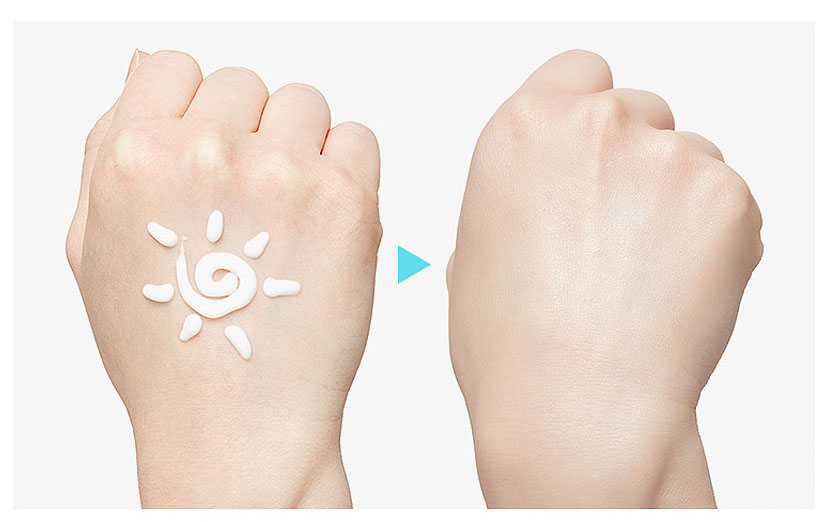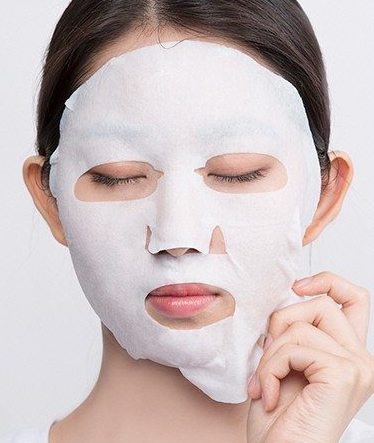Teetotaler or Bottoms Up? What to Know About Alcohol in Skincare
3 Comments
Jude Chao
Feb 21, 2019
Freaked about all the controversy over alcohol in skincare? It can be confusing, with one side telling you it’s the kiss of death and the other side saying it’s totally fine. So what’s a responsible skincare enthusiast to do? Here, Jude Chao, aka Fiddy Snails, weighs in on whether it’s safe to be on the sauce.
Of all the controversial skincare ingredients out there, few are as controversial as alcohol. Alcohol on the ingredients list of a product is a dealbreaker for many skincare enthusiasts, and brands use “alcohol-free” as a selling point.
Alcohol even caused a slight dustup between two well-known, science-focused skincare experts with their own cosmetics brands. FutureDerm’s Nicki Zevola Benvenuti and Paula’s Choice got into it over a FutureDerm post refuting the Paula’s Choice stance against alcohol in skincare, with the “Paula’s Choice Research Team” clapping back via Facebook and Benvenuti getting in a final word in a second blog post on the topic. And they weren’t even drinking the alcohol! (That we know of.)

So is alcohol in skincare a very bad thing? Or is it safe to partake?
Alcohol: Defining the term
Before we go any further, let’s clarify what we mean by “alcohol” in this article. Chemically speaking, an alcohol is "any organic compound in which the hydroxyl functional group (-OH) is bound to a carbon." There are many different alcohols and many different alcohols used in skincare.

For the purposes of this article, we’re using the term “alcohol” to refer to what are often known as “drying alcohols,” which you’ll find in cosmetics ingredients lists as ethanol, alcohol, isopropyl alcohol, or alcohol denat. Those are the alcohols that cause concern, especially among the sensitive- and dry-skinned set.
We are not referring to moisturizing fatty alcohols, like cetyl alcohol, cetearyl alcohol, lauryl alcohol, and stearyl alcohol, which also appear in many skincare products but don’t serve the same function or carry the same perceived risks.
Why fear alcohol?
So what are the main concerns people have with alcohol in their skincare?
The key concern is that alcohol will dry out skin. In large concentrations, alcohol has an astringent effect, stripping away oils from the skin. In fact, astringent effects are the goal of old-school toners like Sea Breeze, which some of us of a certain age will remember from our high school skincare blunders.

Now that the skincare community has advanced beyond the “dry it out and light it on fire” school of thought and treats our skin’s moisture barrier with tender loving care, the idea of drying out skin on purpose naturally makes us nervous.
Many also worry that alcohol may irritate or further sensitize already sensitive skin. Take a look at some skincare products marketed for sensitive skin. They almost never contain alcohol, and they usually make a point of saying so.
The Paula’s Choice team also raised questions about other types of damage that may be caused by alcohol, but, as FutureDerm pointed out, was citing studies where alcohol was consumed, not applied topically to skin at the concentrations typical in cosmetics products.

Ultimately, most people who avoid alcohol in skincare do so because of the perceived potential of alcohol to be drying, irritating, and sensitizing.
What the heck is alcohol even doing in skincare products then?
Alcohol actually serves several important purposes in skincare formulation.
It prevents foaming in products where other ingredients might create an undesirable foam. It's a solvent used to dissolve other ingredients — some extracts use alcohol as the solvent, for example. It can be used to thin the consistency of a product and to speed up drying time, which can be particularly helpful for products like sunscreens that might otherwise feel heavy or take too long to dry down. Alcohol is also a penetration enhancer. It increases ingredient permeation rates by temporarily creating openings in the lipids between skin cells.

And yes, it can be used for its astringent properties in products marketed at oily skin, like Etude House’s famous Wonder Pore Freshner toner.
So is alcohol safe in skincare?
Whenever I’m asked to answer a question like this, I feel the need to preface my answer with YMMV: Your Mileage May Vary. Ultimately, everyone’s skin is different, and what’s perfectly fine for one face may be the kiss of death for another.
My personal stance on alcohol lies somewhere in between the FutureDerm “it’s fine!” and the Paula’s Choice “it will make your face explode and die!” interpretations.
Alcohol can be drying in larger concentrations. It’s a double-edged sword. I adore the lightweight finish and fast-drying properties of my A’Pieu Pure Block Aqua Sun Gel (second ingredient: alcohol) and Missha All Around Safe Block Aqua Sun Gel (third ingredient: alcohol) sunscreens, but I don’t dare use those sunscreens without moisturizer underneath. If I do, or if the moisturizer I use is too light, my face feels tight by the end of the day. So if your skin is already prone to dryness, yes, you should avoid skincare with alcohol high up in the ingredients list.

On the other hand, lower down in the ingredients list, I personally have not seen the harm in a little alcohol in a product. As a general rule of thumb, the first few ingredients in a product make up the vast majority of the product’s volume, so if alcohol is fifth or lower in the list, chances are that there isn’t much of it in the product.
In a lower position on the ingredients list, alcohol can provide benefits like thinner and more pleasing product consistency, quicker drying time, and enhanced penetration of the other beneficial ingredients in the product.
As for claims that alcohol can irritate or sensitize skin or damage the skin barrier, a 2008 safety assessment published in the International Journal of Toxicology found that the alcohol-containing sunscreen formulations did not sensitize skin and further stated that "ethanol does not appear to affect the integrity of the skin barrier."
Where alcohol can cause concern is if it occurs in a product that contains something else that might irritate your skin. Since alcohol is a penetration enhancer, it can inadvertently increase the effects of other irritating ingredients on your skin, as discussed in the comments section of this Beauty Brains podcast.

For this reason, I do have one caveat about the general safety of alcohol in skincare: I don’t like alcohol in sheet masks. Sheet masks are made to sit on skin for extended periods of time and meant to deliver higher volumes of product to the skin than regular daily use products do. If a sheet mask contains alcohol and anything else that might irritate your skin, the potential irritation risk increases.
These concerns have more to do with other ingredients whose effects could be amplified by alcohol than they do with alcohol itself, however. When it comes to the question of alcohol itself in skincare, I say that if your particular complexion isn’t sensitive to alcohol, it will most likely be fine. It might even make an otherwise good product better!
What are your experiences with alcohol in skincare? Let us know in the comments!
Author:
Jude Chao
Jude writes as Fiddy Snails at the K-beauty and skincare blog Fifty Shades of Snail and can be found on Instagram @fiddysnails. Named the ELLE Malaysia Beauty Blogger of the Month for June/July 2017 and one of ELLE Magazine‘s 10 Cool Beauty Bloggers to Watch in 2018, Jude loves ginseng, snail, honey, propolis, and tuna fish kimbap, though she generally doesn’t put the kimbap on her face.
Comments
Loading...